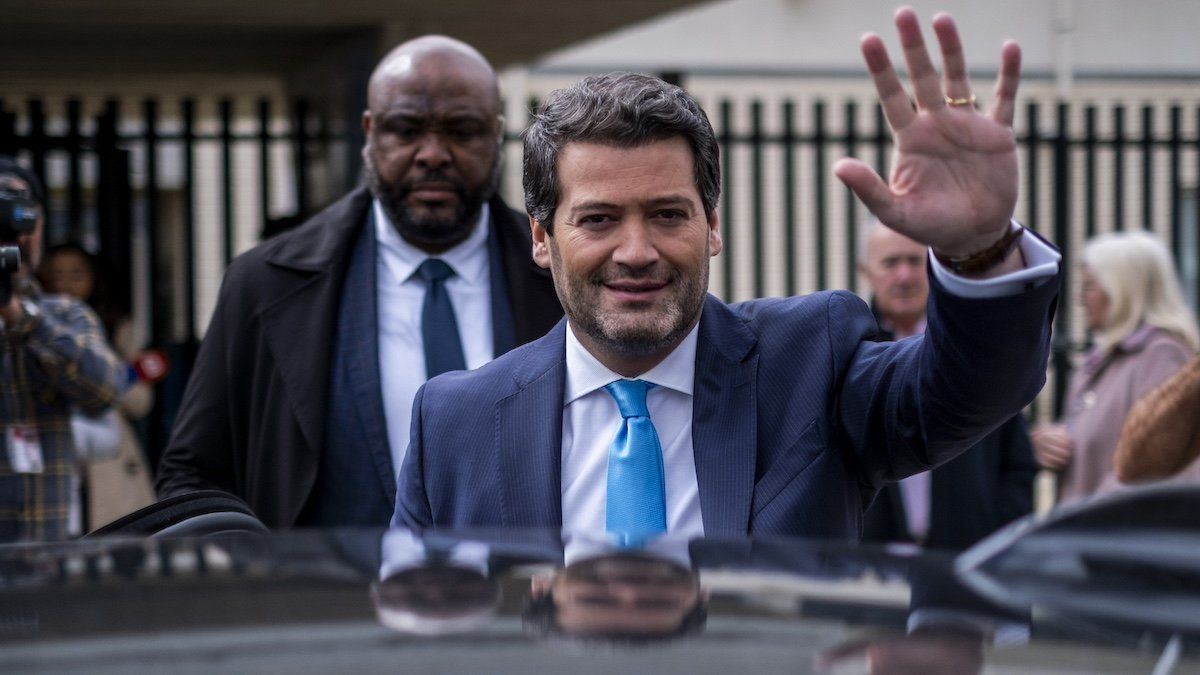Portugal’s election over the weekend had two winners.
The mathematical winner: the center-right Democratic Alliance, which took 79 seats in the 230-seat Parliament, eking out a narrow victory over the left-leaning incumbents of the Socialist Party, with 77.
The zeitgeist winner: the far-right Chega party, which quadrupled its seats to 48. Chega, which means “Enough!” is fiercely anti-immigration and has adopted the “God, Country, Family, and Work” slogan of Portugal’s former dictatorship.
The trouble is that those two winners can’t work together. DA leader Luis Montenegro has ruled out a coalition with Chega which, despite its strong performance, carries the stigma of the country’s fascist past.
That leaves Portugal in its most fragmented and uncertain political state since the end of the dictatorship.
But this isn’t the first time in recent months that a European far-right party has found itself unable to use its kingmaker’s powers. Precisely the same thing happened in the Netherlands, where Geert Wilders’ far-right PVV party was popular enough to sing at the polls, but too toxic to enter government.
As the EU heads towards European Parliamentary elections, bear this in mind – the recent “resurgence of the right” in Europe is more nuanced than it looks.
